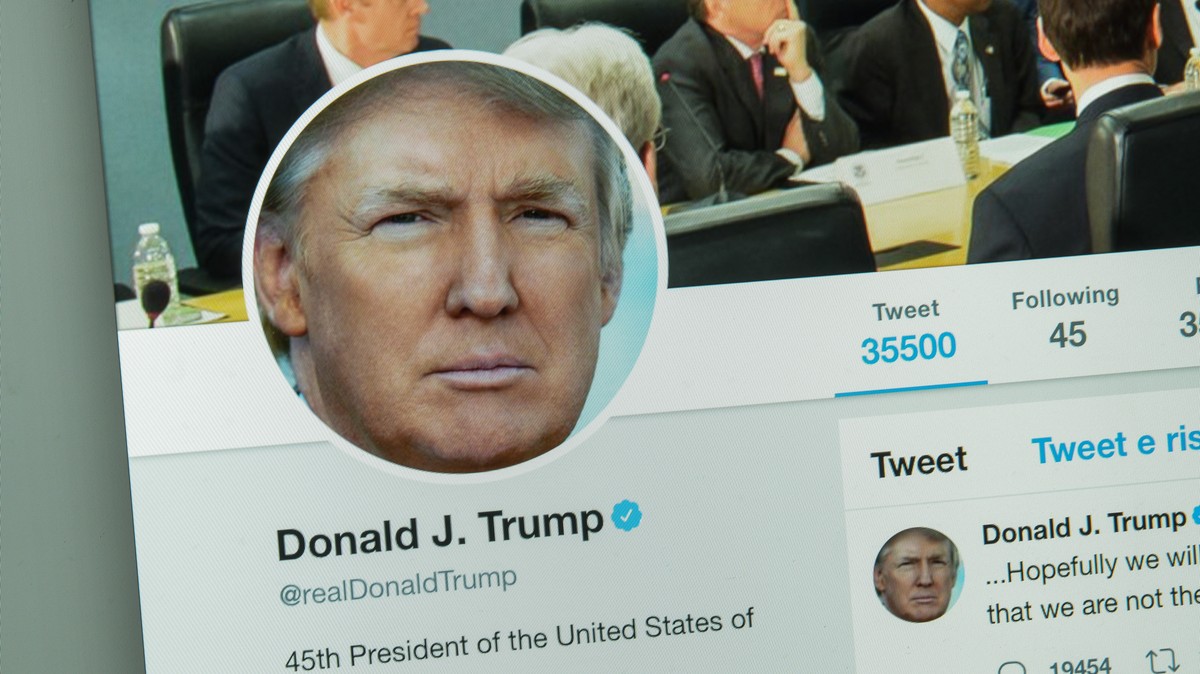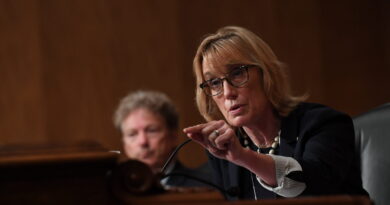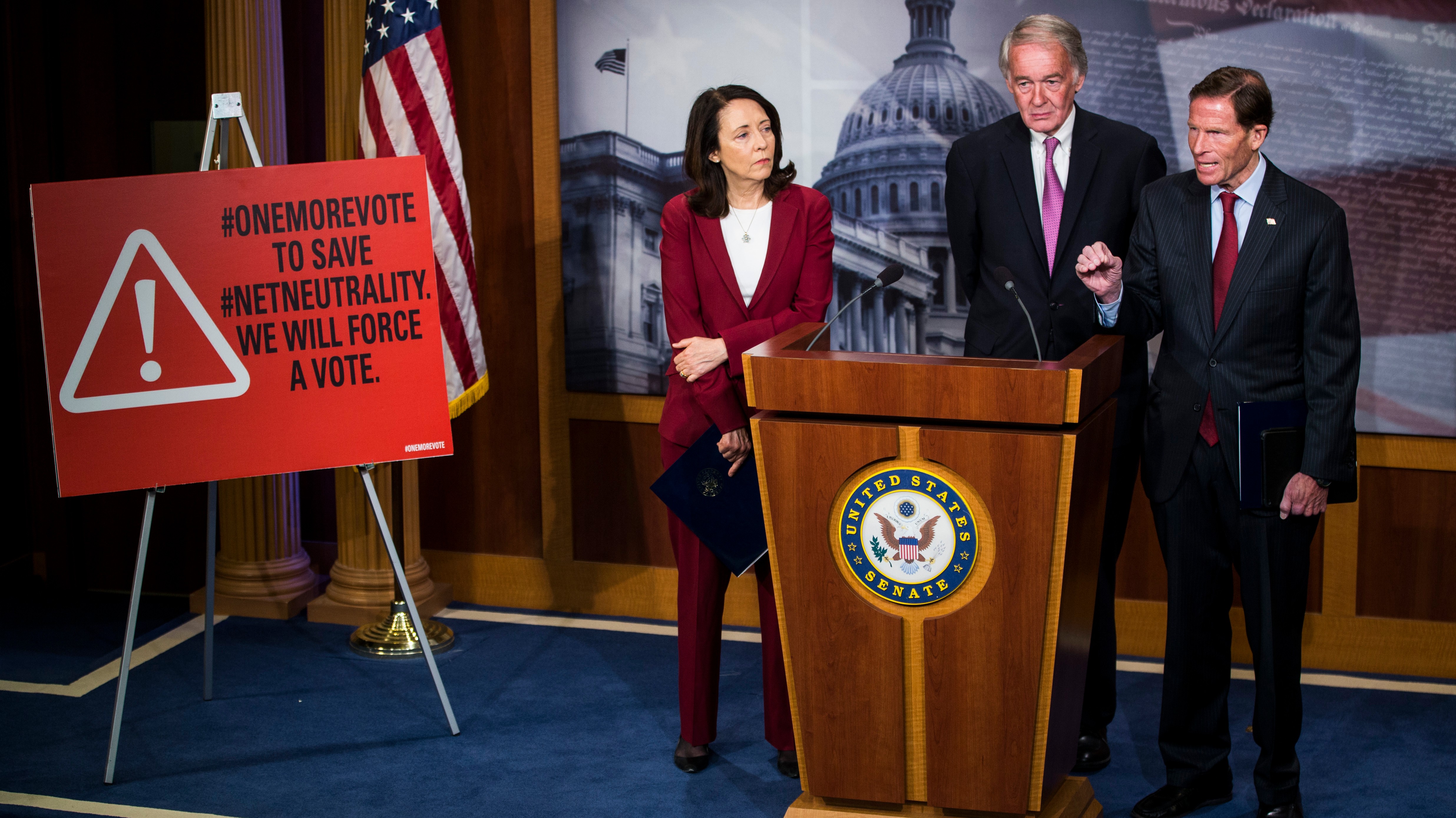Federal Court Rules Trump Can’t Block People On Twitter

A federal court ruled Wednesday that President Donald Trump’s wanton smashing of the “block” button on Twitter is unconstitutional.
In July 2017, civil liberties group Knight First Amendment Institute at Columbia University sued Trump on behalf of seven people whom he’d blocked on Twitter.
The ruling, made by Judge Naomi Reice Buchwald of the US District Court for the Southern District of New York, determines that the president’s @realDonaldTrump account is a “public forum,” and therefore his blocking people based on their political speech constitutes viewpoint discrimination that violates the First Amendment. It also includes an agonizingly thorough description of what Twitter is and how it works but manages to leave out the phrase “hellscape” entirely.
Trump’s social media manager Daniel Scavino is also implicated in this lawsuit, as he helped Trump craft his Twitter brand.
“We hold that the speech in which they seek to engage is protected by the First Amendment and that the President and Scavino exert governmental control over certain aspects of the @realDonaldTrump account, including the interactive space of the tweets sent from
the account,” Buchwald wrote. “The viewpoint-based exclusion of the individual plaintiffs from that designated public forum is proscribed by the First Amendment and cannot be justified by the President’s personal First Amendment interests.”
Aside from being an unfiltered, wide-open garbage hose sourced straight from the mind of a president who will beef with anything and anyone that moves, the @realDonaldTrump feed is also a place where he announces policy decisions before anyone else in the rest of the world knows about it—such as the time he announced his nomination of Christopher Wray for FBI director and his intent to fire then-Secretary of State Rex Tillerson.
The National Archives and Records Administration advised in April 2017 that Trump’s tweet be preserved, as they are “official records that must be preserved under the Presidential Records Act.”
“The First Amendment prohibits government officials from suppressing speech on the basis of viewpoint,” Katie Fallow, senior staff attorney at the Institute, said in a press release following the ruling. “The court’s application of that principle here should guide all of the public officials who are communicating with their constituents through social media.”
READ MORE HERE



